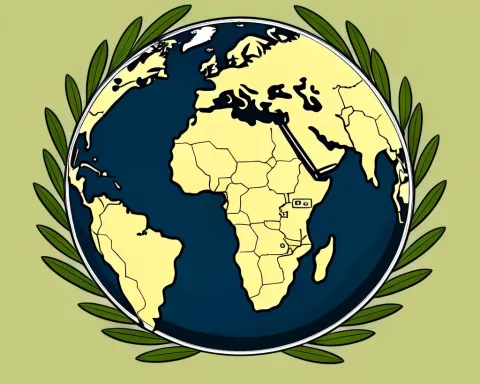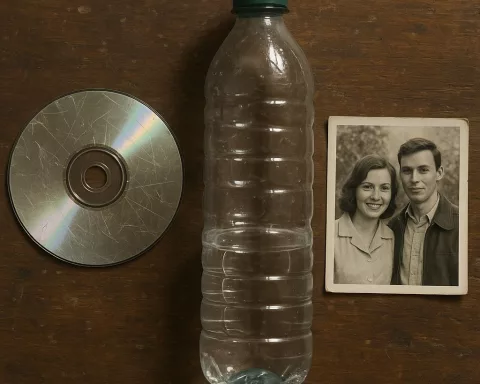Cape Town’s public transportation system has long been a source of frustration for its residents. An ongoing dispute between the city’s government and the national government regarding the devolution of passenger rail services has added to the city’s woes. City officials believe that devolving rail operations to competent metros would improve transportation significantly and bolster the local economy. However, the national government has yet to grant their request, prompting the City of Cape Town to consider legal action.
The Call for Rail Devolution
The topic of rail devolution gained traction during a recent Q&A session with South African President Cyril Ramaphosa. Democratic Alliance (DA) leader John Steenhuisen questioned the president about expediting the process, citing the recent taxi strike and the dire cost-of-living crisis in Cape Town. In response, Ramaphosa assured that the Department of Transport had conducted extensive consultations with key stakeholders, and the 2024 timeframe for rail devolution set forth in the White Paper on National Rail Policy would be met.
The National Government’s Refusal
Despite these assurances, Minister of Transport Sindisiwe Chikunga denied Cape Town’s request for rail devolution as recently as May 2022. Chikunga stated, “For now, we are not in the process of devolving railway services. That is why PRASA (Passenger Rail Agency of South Africa) is busy building railway services in the Western Cape.” Cape Town Mayor Geordin Hill-Lewis expressed frustration with the national government’s lack of progress and the city’s inability to secure a working committee on rail devolution.
The Potential Benefits
Current data reveals that only 2% of Cape Town’s commuters use the rail network regularly. However, the City’s Rail Feasibility Study has determined that an efficient rail system could sustain over 51,000 jobs and contribute an additional R11-billion to the local economy each year. These findings have motivated Cape Town’s government to pursue legal action by launching an intergovernmental dispute mediation process under section 42 of the Intergovernmental Framework Relations Act.
The Uncertain Future
As the dispute between Cape Town and the national government continues, the city’s residents continue to suffer the shortcomings of their public transportation system. Cape Town’s government believes that a functional rail system is necessary, especially in light of the recent fuel increase, and is willing to pursue legal action to achieve it. However, the end goal of providing reliable and efficient transportation for Cape Town’s residents remains uncertain.
The dispute over rail devolution in Cape Town highlights the challenges facing South Africa’s public transportation system. While the potential benefits of a functional rail system are clear, the national government’s reluctance to devolve operations to competent metros has left Cape Town’s residents frustrated and uncertain about the future.












